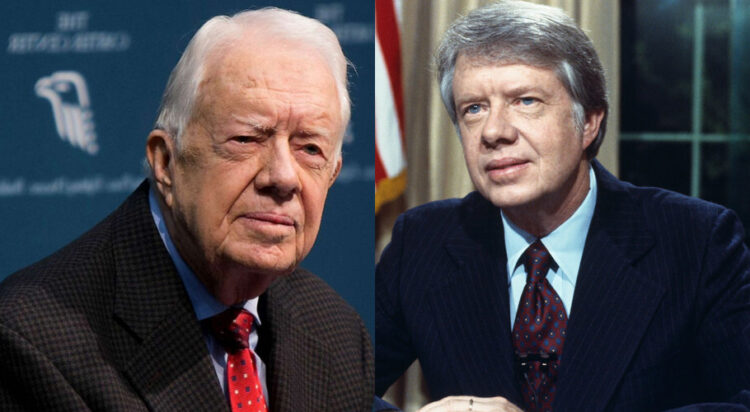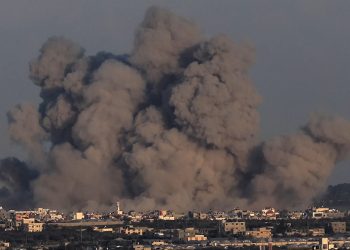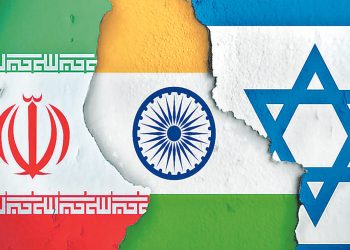Jimmy Carter, the 39th President of the United States, remains a polarizing figure in both American and international contexts. Born on October 1, 1924, in Plains, Georgia, Carter’s path to the presidency showcased a commitment to public service.
However, according to several media reports, his tenure, from 1977 to 1981, often revealed contradictions between his ideals and the practical implications of his policies. Carter’s presidency was the most controversial with an important highlight, the Camp David Accords, which facilitated a peace pact between Egypt and Israel.
Internally glorified, an interesting portion of international critics and the members of the United Nations saw the accords as a threat to the Palestinian movement or interests, and establishing a peace framework that many felt was totally imbalanced as favoring the Israeli side and neglecting other Arab perceptions. Much of Carter’s energy in pursuing this accord pointed to a predilection toward American diplomatic accomplishments rather than comprehensive equitable agreements in quite volatile regions.
Amongst Carter’s ambitious projects, many domestic ones in energy conservation and environmental reform offered visions without corresponding audiences. His call for a United States that should have independence in energy, while visionary, was criticized for being delayed in effect and failing to extend sufficient assistance to disadvantaged groups during a time of economic crisis. Though revolutionary in terms of ‘green new deal’ policies, their terms were sometimes perceived as too far from the realities of the job-desperate working Americans then.
Abroad, it was seen by some as quite justifying the American wrong in relinquishing the Panama Canal to Panama. Yet to others, it was an act of weakness and poor strategy on the part of America at a time when the world was said to be Cold Waring. The same could be said of his arms control pretensions, including the Strategic Arms Limitation Treaty (SALT II), which did not elicit much excitement since critics said it did not majorly de-escalate arms but rather gave the Soviet Union a bad deal.
Among the many shadows around Carter’s presidency was a long and torturous hostage crisis in Iran, which further added to the images of an administration caught between timidity and incompetence in handling crucial foreign policy. More than anything else, it established the contours of his administration as one filled with moral longings but numerous shortfalls in execution.
Even the much-heralded post-presidency of Jimmy Carter was not without its dings. Some critics have suggested that while his humanitarian work has been lauded, The Carter Center’s and, by extension, his work falls short of what could be accomplished in the eradication of diseases and monitoring of elections to make it more applicable in scope and strategy to solve systemic issues in the world.
































